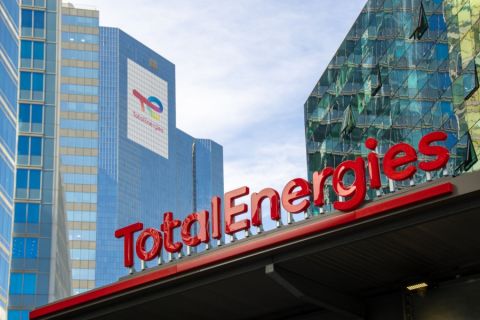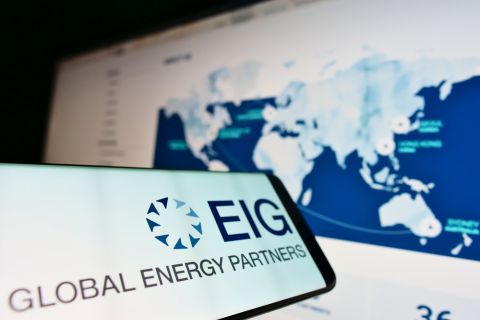Reliable energy supplies are the cornerstone of economic success and continued growth, said H.E. Gerhard Schroder, former chancellor of the Federal Republic of Germany and chairman of the committee for Nord Stream, a proposed gas pipeline to link Russia and the European Union via the Baltic Sea. Gerhard made his comments to attendees at the recently held CERAWeek 2009 in Houston.
“The key question will be how to ensure international energy security and supply in a fair, unrestricted and affordable manner,” he said. “We need to pursue a sustainable energy policy that will make careful use of available sources and make us less dependent on fossil fuel.”
Industrialized nations should make use of as many energy sources, as many transportation routes and as many suppliers as possible. To depend on oil and gas, substantial investments, some $22 trillion by International Energy Agency estimates, would have to be made in exploration, he said.
However, it is increasingly difficult to develop new energy fields because they are located in regions that are politically and socially unstable, “such as many African countries,” Schroder said. “Or because the energy fields are found in regions such as Siberia, where the natural environment makes it extremely difficult to develop them.”
For these reasons, renewable energy will become an increasingly important part of the answer, he said. In the past few years, Germany revamped its energy policies, resulting in its leadership in energy productivity and the use of renewables, which now account for 10% of total electricity consumption. Its use is expected to double in 15 years.
“If this trend continues, about half of our electricity will be generated from renewables in 2030,” Schroder said.
The world must continue to diversify energy supply and the burden of responsibility and associated risks should be shared worldwide. “Only then will we be able to ensure the kind of stability in energy supply that we need to enjoy positive global economic development,” he said.
Gas will also continue to be an important source of energy for the European Union, but because it has only 3% of the world’s gas reserves, it will require a 50% increase in imports in the next decade. “By 2015, the EU will have to import 200 billion cubic meters more gas than they do today,” he said.
For global security, it will be necessary to institutionalize international energy relations, he said. “I do believe that energy use cannot be handled in a unilateral way. Even if competition increases in the future, we must not allow energy to become the currency of power and international relations. We need a cooperative strategy.’
Recommended Reading
Matador Hoards Dry Powder for Potential M&A, Adds Delaware Acreage
2024-04-24 - Delaware-focused E&P Matador Resources is growing oil production, expanding midstream capacity, keeping debt low and hunting for M&A opportunities.
TotalEnergies, Vanguard Renewables Form RNG JV in US
2024-04-24 - Total Energies and Vanguard Renewable’s equally owned joint venture initially aims to advance 10 RNG projects into construction during the next 12 months.
Ithaca Energy to Buy Eni's UK Assets in $938MM North Sea Deal
2024-04-23 - Eni, one of Italy's biggest energy companies, will transfer its U.K. business in exchange for 38.5% of Ithaca's share capital, while the existing Ithaca Energy shareholders will own the remaining 61.5% of the combined group.
EIG’s MidOcean Closes Purchase of 20% Stake in Peru LNG
2024-04-23 - MidOcean Energy’s deal for SK Earthon’s Peru LNG follows a March deal to purchase Tokyo Gas’ LNG interests in Australia.
Marketed: Stone Hill Minerals Holdings 95 Well Package in Colorado
2024-02-28 - Stone Hill Minerals Holdings has retained EnergyNet for the sale of a D-J Basin 95 well package in Weld County, Colorado.



